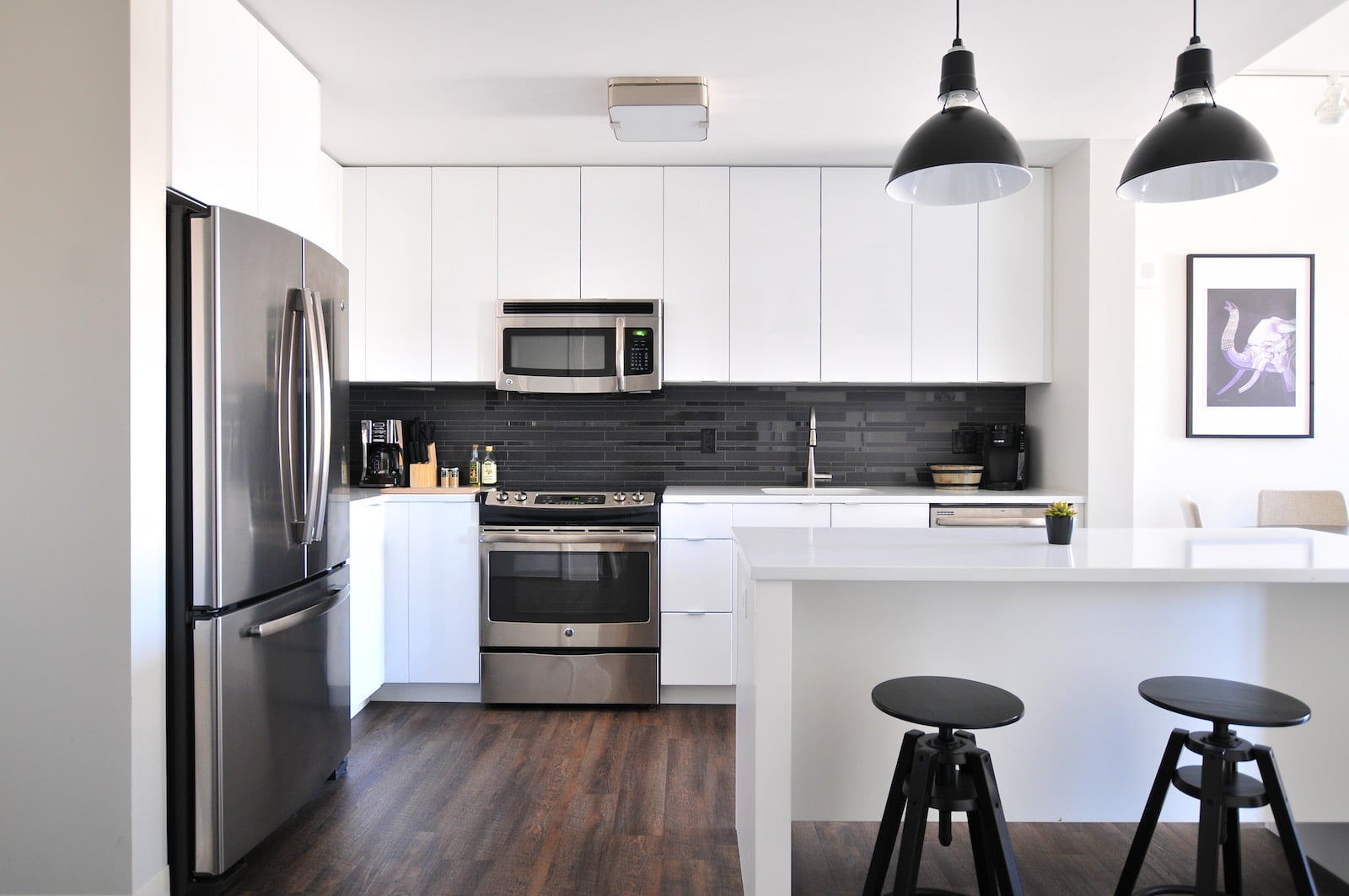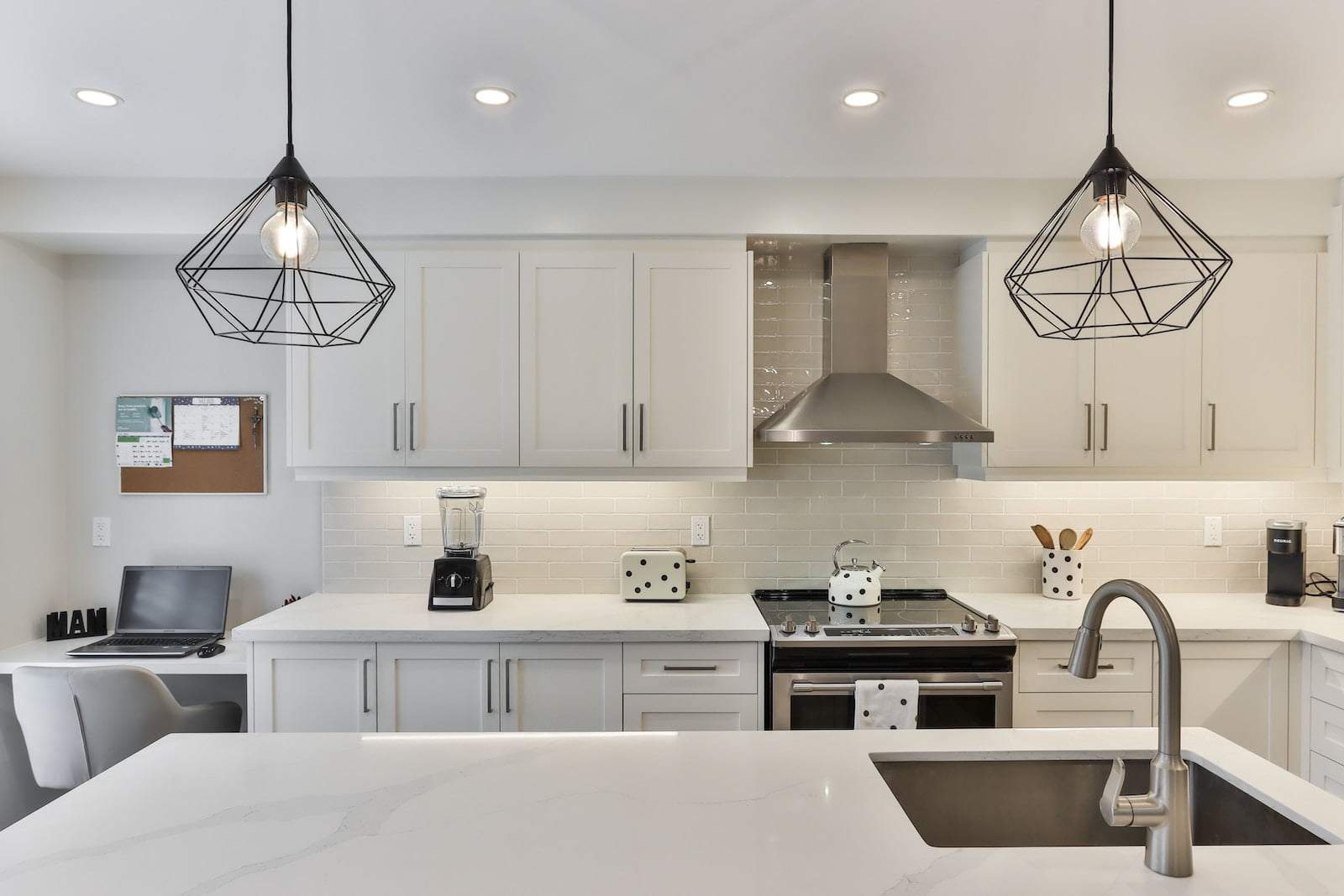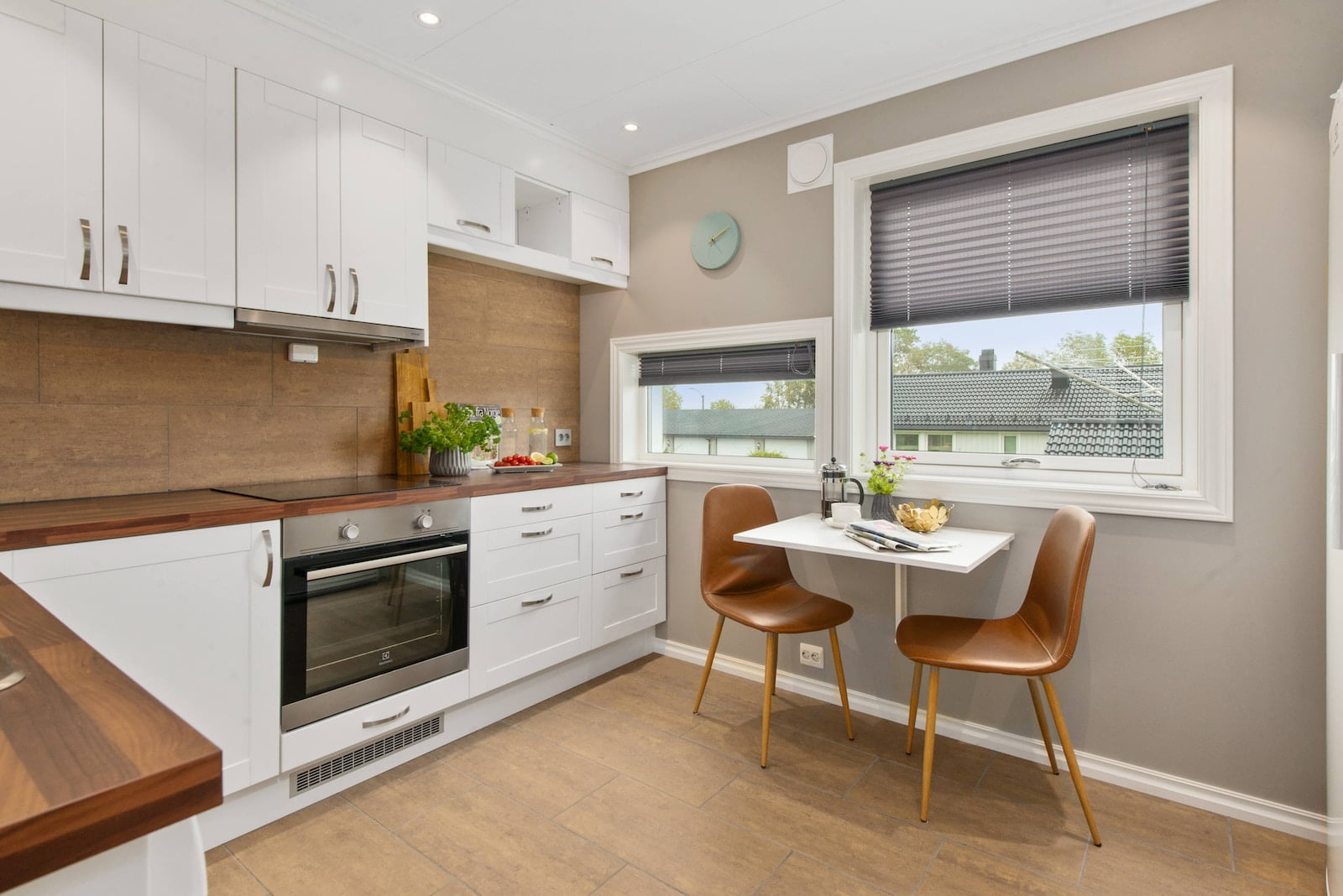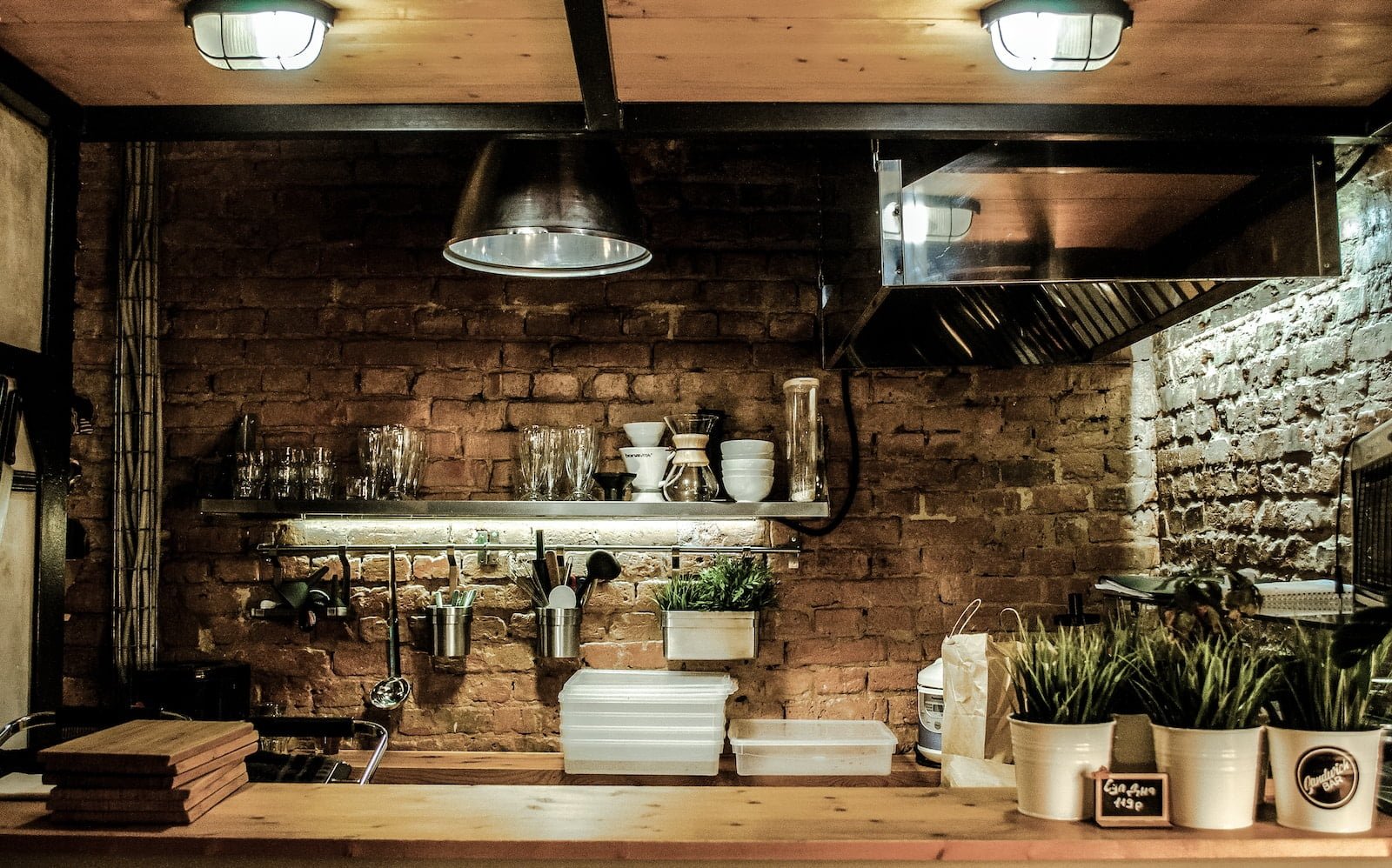Can a Kitchen Remodel be a Practical Tax Deduction for Maximizing Your Savings?
Are you considering a kitchen remodel and wondering if it can be a tax write-off? Understanding tax write-offs can be a complex and confusing topic for many people. However, it is important to know what expenses can be deducted from your taxes to maximize your savings. In this article, we will explore the question: can a kitchen remodel be a tax write-off? We will provide helpful information and guidelines to help you determine if your kitchen remodel expenses can be deducted from your taxes.
Maximizing Your Savings: The Pros and Cons of Claiming a Kitchen Remodel as a Tax Write-Off
While claiming a kitchen remodel as a tax write-off can be a great way to save money, it’s important to weigh the pros and cons before making a decision. One of the biggest advantages of claiming a kitchen remodel as a tax write-off is the potential for significant savings. Depending on the extent of the remodel and your tax bracket, you could potentially save thousands of dollars on your taxes.
Another advantage of claiming a kitchen remodel as a tax write-off is that it can increase the value of your home. By making upgrades to your kitchen, you can potentially increase the resale value of your home, which can be a great investment in the long run. Additionally, claiming a kitchen remodel as a tax write-off can help you to recoup some of the costs associated with the remodel, which can be a relief for those who are on a tight budget.
However, there are also some potential drawbacks to claiming a kitchen remodel as a tax write-off. One of the biggest concerns is the possibility of an audit. If you claim a large deduction for a kitchen remodel, the IRS may be more likely to audit your return, which can be a stressful and time-consuming process. Additionally, if you don’t have the proper documentation to support your claim, you may be at risk of penalties and fines.
Overall, claiming a kitchen remodel as a tax write-off can be a great way to save money and increase the value of your home, but it’s important to carefully consider the pros and cons before making a decision. If you’re unsure about whether or not to claim a kitchen remodel as a tax write-off, it may be helpful to consult with a tax professional who can provide guidance and advice based on your specific situation.
Exploring the Eligibility Criteria and Benefits of a Kitchen Remodel Tax Write-Off
If you are a homeowner planning to remodel your kitchen, you may be wondering if you can claim a tax deduction for the expenses. Unfortunately, the IRS does not allow deductions for home improvements, including kitchen remodels, unless they are considered necessary for medical reasons. However, there are some exceptions to this rule that you may want to explore.
One exception is if you use a portion of your home as a home office, and the kitchen remodel is necessary to improve the functionality of the space. In this case, you may be able to claim a deduction for a portion of the expenses related to the remodel. Another exception is if you are renovating a rental property, in which case the expenses may be deductible as a business expense.
While tax deductions for kitchen remodels may be limited, there are other benefits to consider. A well-designed kitchen can increase the value of your home, making it a worthwhile investment in the long run. It can also improve the functionality and comfort of your home, making it a more enjoyable space for you and your family to spend time in.
In conclusion, while a kitchen remodel may not be eligible for a tax write-off in most cases, there are exceptions to consider. Additionally, the benefits of a well-designed kitchen can make it a valuable investment for your home and your quality of life.
Saving Money on Home Renovations: How a Kitchen Remodel Can Qualify for Tax Write-Offs
If you’re planning a kitchen remodel, you might be pleasantly surprised to learn that it could qualify for tax write-offs. The key is to make sure the renovation meets the criteria for a tax deduction. According to the IRS, any home improvement that adds value to your property or prolongs its life can be considered a capital improvement. This means that the cost of the renovation can be added to the basis of your home, which can reduce your capital gains tax when you sell your property.
To qualify for a tax write-off, your kitchen remodel must meet certain requirements. For example, the renovation must be considered a capital improvement, which means it must be a permanent addition to your home. This includes things like installing new cabinets, countertops, or appliances. However, if you’re simply repairing or replacing existing components, such as fixing a leaky faucet or replacing a broken tile, those expenses do not qualify for a tax write-off.
It’s also important to keep detailed records of all expenses related to your kitchen renovation, including receipts, invoices, and contracts. This will help you accurately calculate the cost of the renovation and ensure that you’re eligible for any tax deductions. Additionally, you should consult with a tax professional to ensure that you’re following all the rules and regulations related to home improvement tax deductions.
In conclusion, a kitchen remodel can be a great way to add value to your home while also qualifying for tax write-offs. By following the guidelines set forth by the IRS and keeping accurate records, you can save money on your renovation and potentially reduce your capital gains tax in the future.
Making the Most of Your Remodeling Budget: Considering Tax Write-Offs for Your Kitchen Renovation
Another way to make the most of your remodeling budget is to consider tax write-offs for your kitchen renovation. If you are making improvements to your home that increase its value, you may be eligible for tax deductions. The IRS allows homeowners to deduct the cost of home improvements that increase the value of their property from their taxes. This means that if you are remodeling your kitchen to increase the value of your home, you may be able to deduct some or all of the cost of the renovation from your taxes.
To take advantage of this tax deduction, you will need to keep accurate records of all the expenses related to your kitchen renovation. This includes receipts, invoices, and any other documentation that shows the cost of the materials, labor, and other expenses related to the project. You will also need to keep track of the date the work was done, as well as the date the property was placed in service. This information will be used to calculate your tax deduction.
It is important to note that not all home improvements are eligible for tax deductions. To qualify for a tax deduction, the improvement must be considered a capital improvement, which means it must add value to your property and have a useful life of more than one year. Repairs and maintenance, on the other hand, are not eligible for tax deductions. Before you begin your kitchen renovation, it is a good idea to consult with a tax professional to determine whether your project qualifies for a tax deduction.






